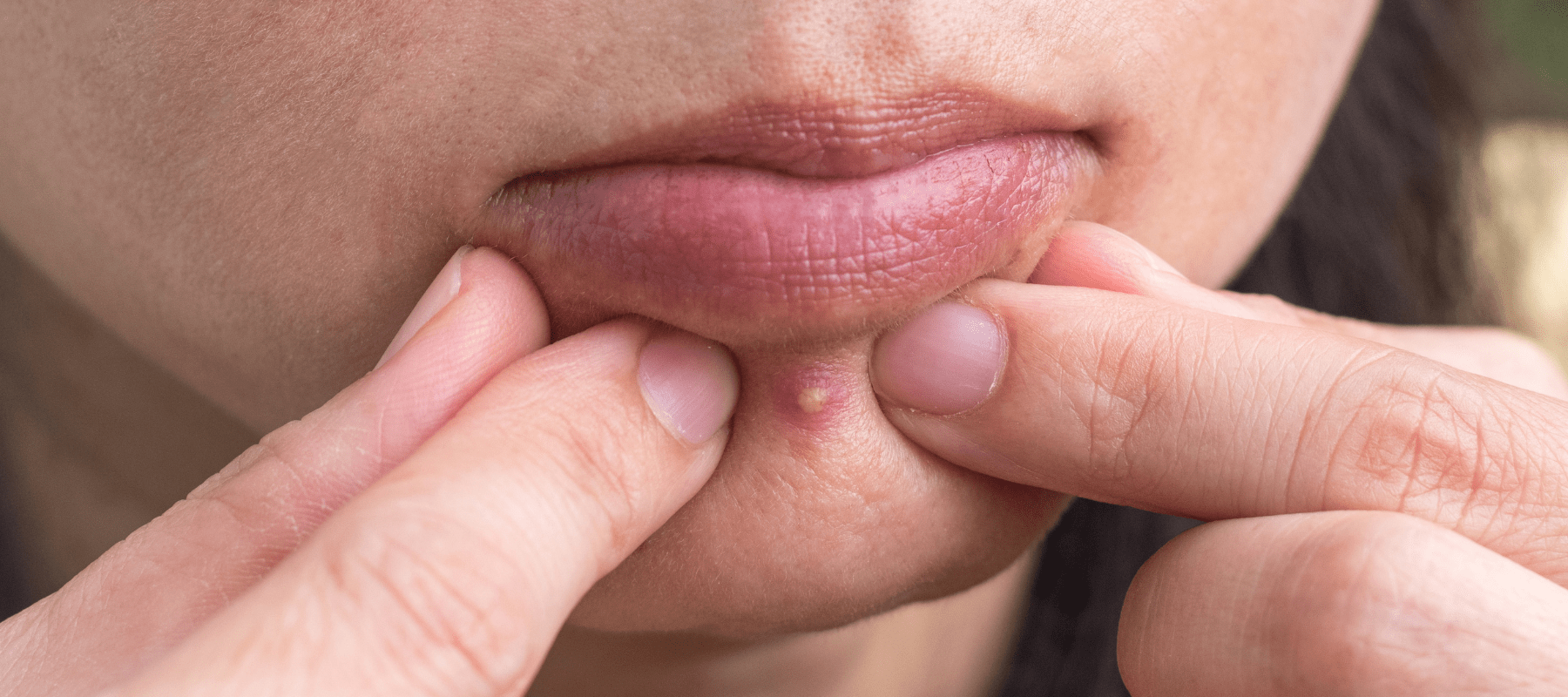
Hard pimples 101: Meaning, Causes, Treatment
A frequent skin condition that can be uncomfortable and painful is pimples. Hard pimples are unique among the many kinds of pimples because of their look and stubbornness. We shall examine what hard pimples are, what causes them, and effective treatments and prevention strategies in this article.
What are hard pimples?
Sometimes called nodules, hard pimples represent a distinct type of acne lesion differing from the prevalent softer bumps that fill with pus. These blemishes exhibit a firm and solid texture, typically residing beneath the surface of your skin. Unlike whiteheads or blackheads, which yield to gentle pressure for extraction, dealing with hard pimples presents more challenges due to their resistance against easy removal through squeezing.
What causes hard pimples under the skin?
Any region on the body can experience the occurrence of hard pimples, yet they occur frequently on the face, particularly encircling the nose. You are also very likely to find a hard pimple on the cheek. To determine appropriate treatment solutions for these persistent blemishes, one must understand their underlying causes, as that is an imperative task.
1. Excess sebum production
One of the primary causes of hard pimples is the Overproduction of Sebum, or oil, by the skin's sebaceous glands. This excessive oil has a tendency to clog hair follicles and thus creates an ideal environment for hard pimple development.
Also read: What is sebum?
2. Bacterial infection
Hard pimples can result from Propionibacterium acnes, a type of bacteria that naturally exists on the skin, becoming overactive and causing inflammation. Deeply painful nodules may grow as a result of this inflammation.
3. Hormonal changes
Hard pimples can be caused by hormonal fluctuations, especially during adolescence, menstruation, and pregnancy. The problem can worsen due to stimulation of sebum production caused by hormonal abnormalities.
4. Genetics
One's predisposition to hard pimples can be influenced by their family history. You could be more likely to get hard pimples if your parents or close relatives have a history of severe acne.
How to get rid of hard pimples?
Although having to deal with hard pimples can be annoying, there are a number of treatment alternatives that can help them become less severe and eventually go away. The following are some methods for eliminating a hard hard pimple under skin:
1. Topical medications
Wondering, ‘How to get rid of hard pimples’ Medications available without a prescription that contains salicylic acid can help clear clogged pores and lessen inflammation. As instructed, apply these products immediately to the affected region.
For cleaner skin, The Pink Foundry's Clearing & Calming Acne Face Wash with 1.5% Salicylic Acid is your best bet. Strong exfoliant salicylic acid goes deep into pores to clear them and stop outbreaks before they start. It refreshes your skin by getting rid of extra oil and dead skin cells.
This acne face wash can help you obtain a smoother, spotless complexion and is an effective weapon in the fight against acne. Put your trust in this product to eliminate acne-related problems and elevate your skincare regimen.
2. Prescription medications
In more extreme situations, a dermatologist may recommend topical medications with increased active component concentrations or oral antibiotics to effectively treat hard zits.
3. Cortisone injections
Cortisone injections, which a dermatologist can inject directly into the hard pimple, can quickly lessen irritation and inflammation. This is a quick and efficient way to get rid of persistent nodules.
4. Extraction by a professional
In certain cases, a dermatologist may extract the hard pimple in a sterile and safe manner in order to free the trapped material and reduce discomfort. To prevent infection or scarring, only a trained specialist should perform this.
5. Laser therapy
By concentrating on the sebaceous glands and decreasing oil production, laser treatments have the potential to effectively reduce hard pimples. This should be discussed with a dermatologist and is usually saved for extreme instances.
6. Home remedies
The million-dollar question: ‘How to remove hard pimples from face?’ Some people use natural therapies, including applying aloe vera gel, tea tree oil, or honey to the affected region, to get rid of hard pimples. But outcomes can differ, so it's important to use caution when trying home cures.
Preventing hard pimples in the future
Prevention is frequently the best course of action when it comes to hard pimples. Take into account the following preventive steps to reduce the likelihood of these enduring blemishes:
1. Maintain a proper skincare routine
Frequent cleaning and exfoliation can help prevent hard pimples by keeping your skin free of dead skin cells and excess oil.
2. Use non-comedogenic products
Opt for skincare and makeup items that are designated as non-comedogenic. These are less prone to clog pores and cause hard pimples.
Also Read: Non Comedogenic Meaning and Reason to Buy Non Comedogenic Skin Care Products.
3. Manage stress
High stress levels can induce hormonal imbalances, resulting in the formation of hard pimples. Manage your stress by employing strategies such as yoga, meditation or engaging in physical activity.
4. Hydration
Drinking adequate water can assist by removing toxins from your body and controlling oil production.
5. Hands off
Steer clear of touching a hard pimple on the nose since this might contaminate your skin with bacteria and irritants, making hard pimples more likely to appear.
In conclusion
Whether you have a hard pimple on face, nose or cheeks, pimples beneath the skin can be upsetting and uncomfortable. For these blemishes to be managed and prevented, it is essential to understand the causes and available treatments. You may successfully fight hard pimples and have clear, healthy skin with the right care, a regular skincare regimen, and when needed, a dermatologist's advice.
While addressing these resistant acne lesions, keep in mind that perseverance is essential and that, with the appropriate strategy, you can get the desired outcomes.

























































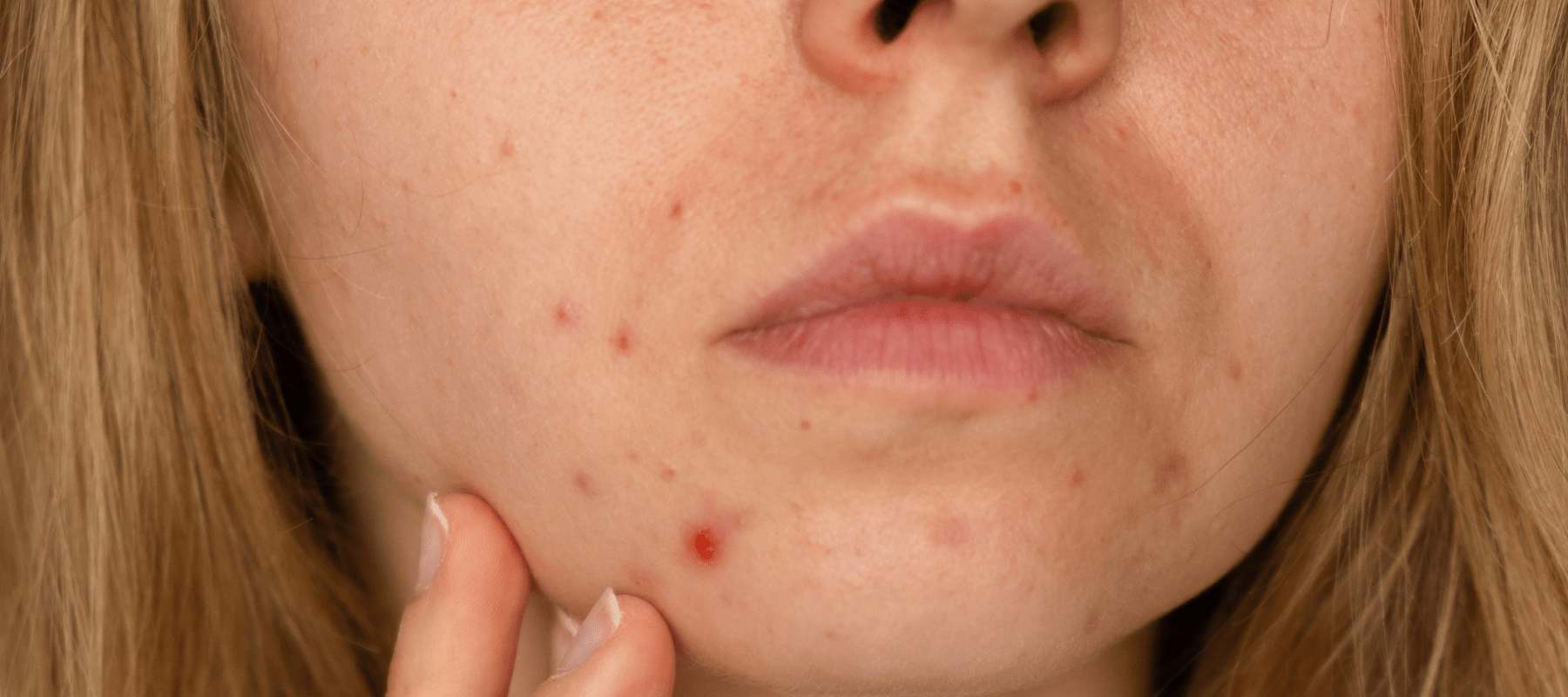
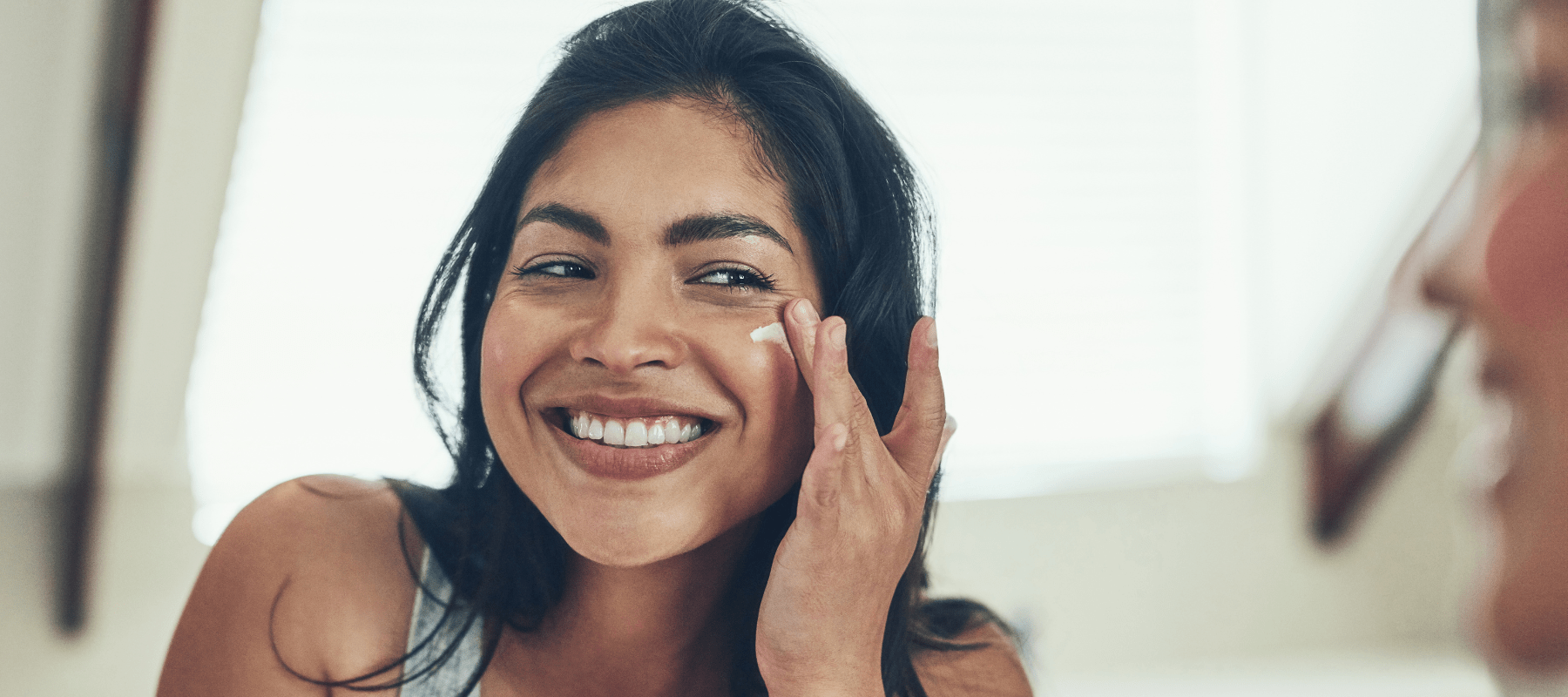
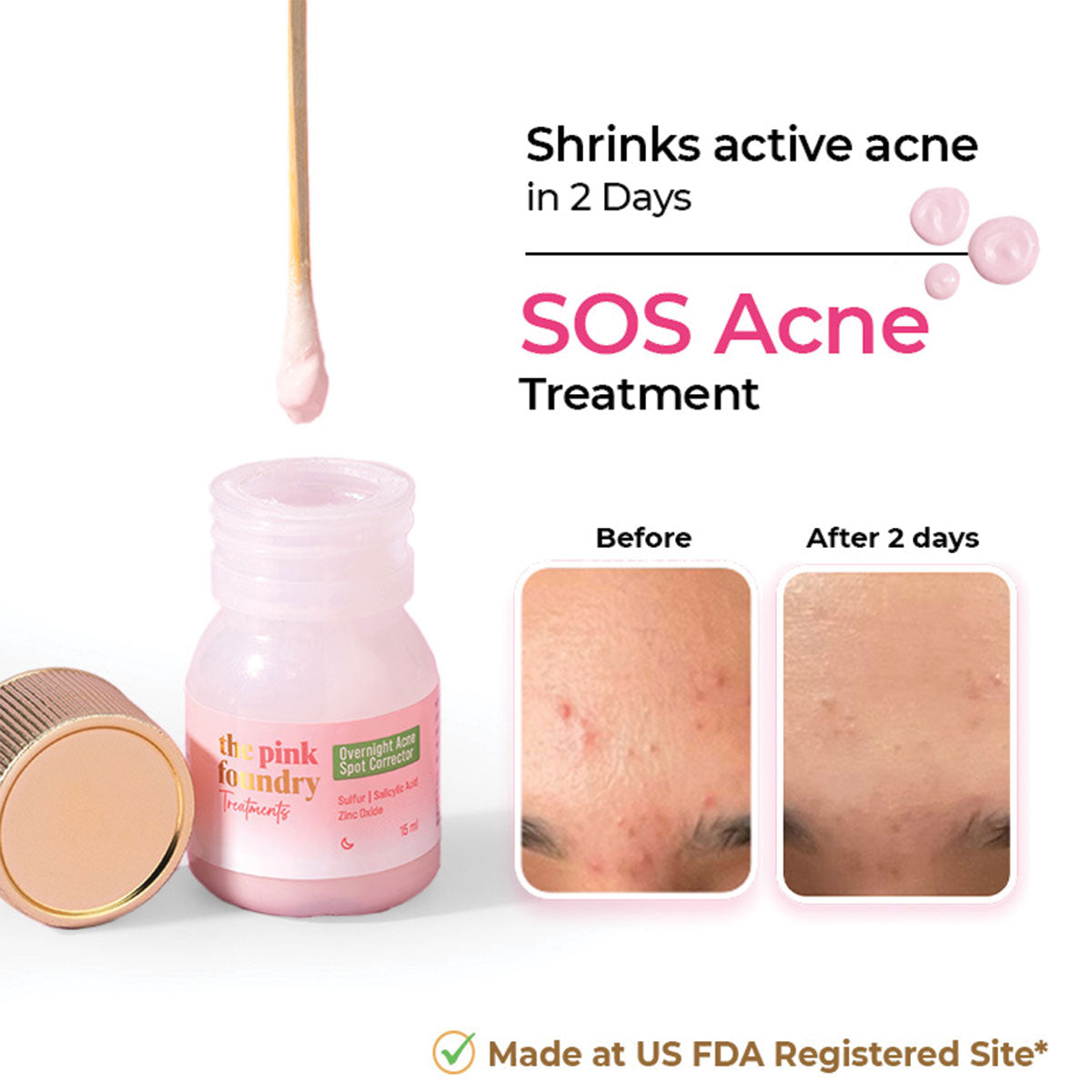
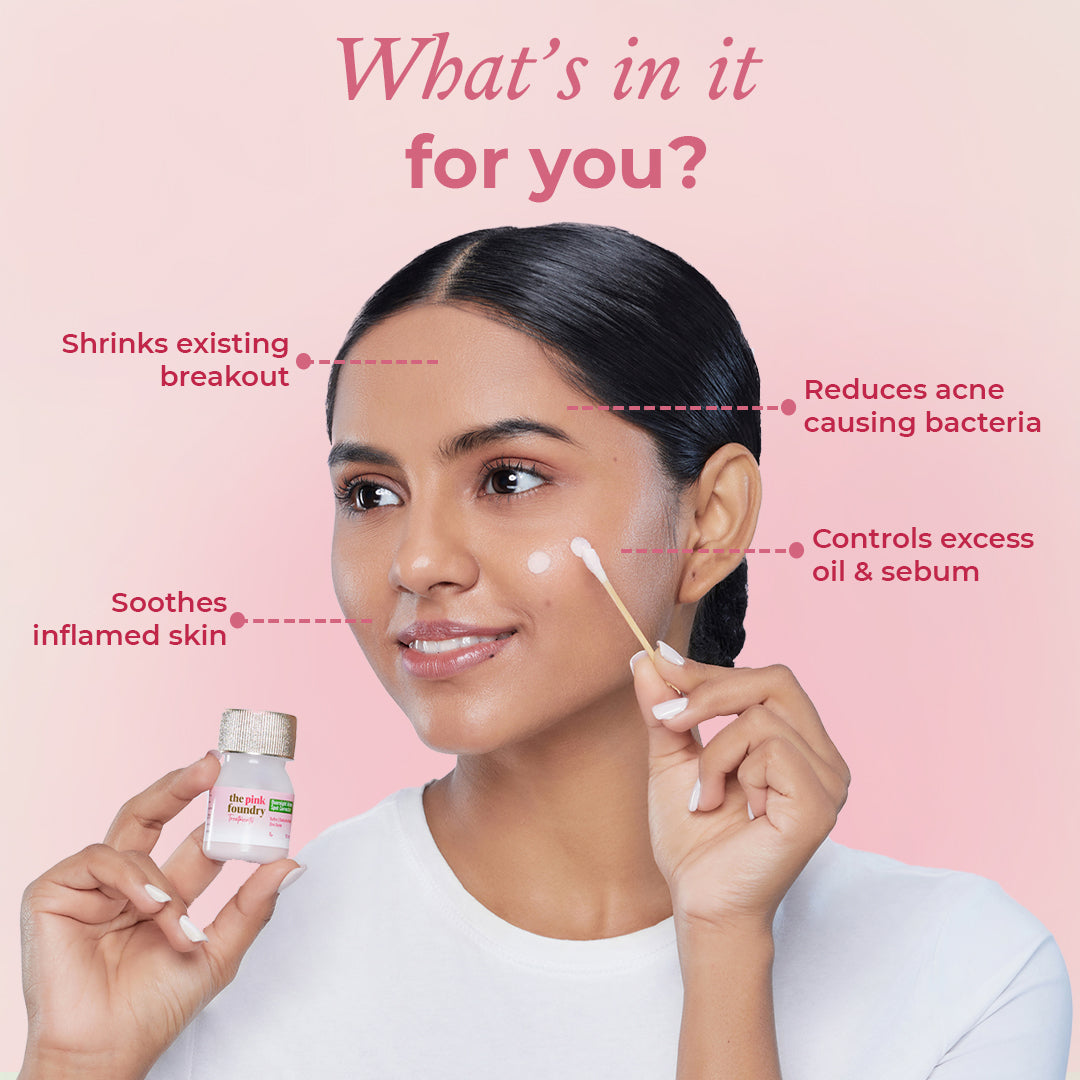


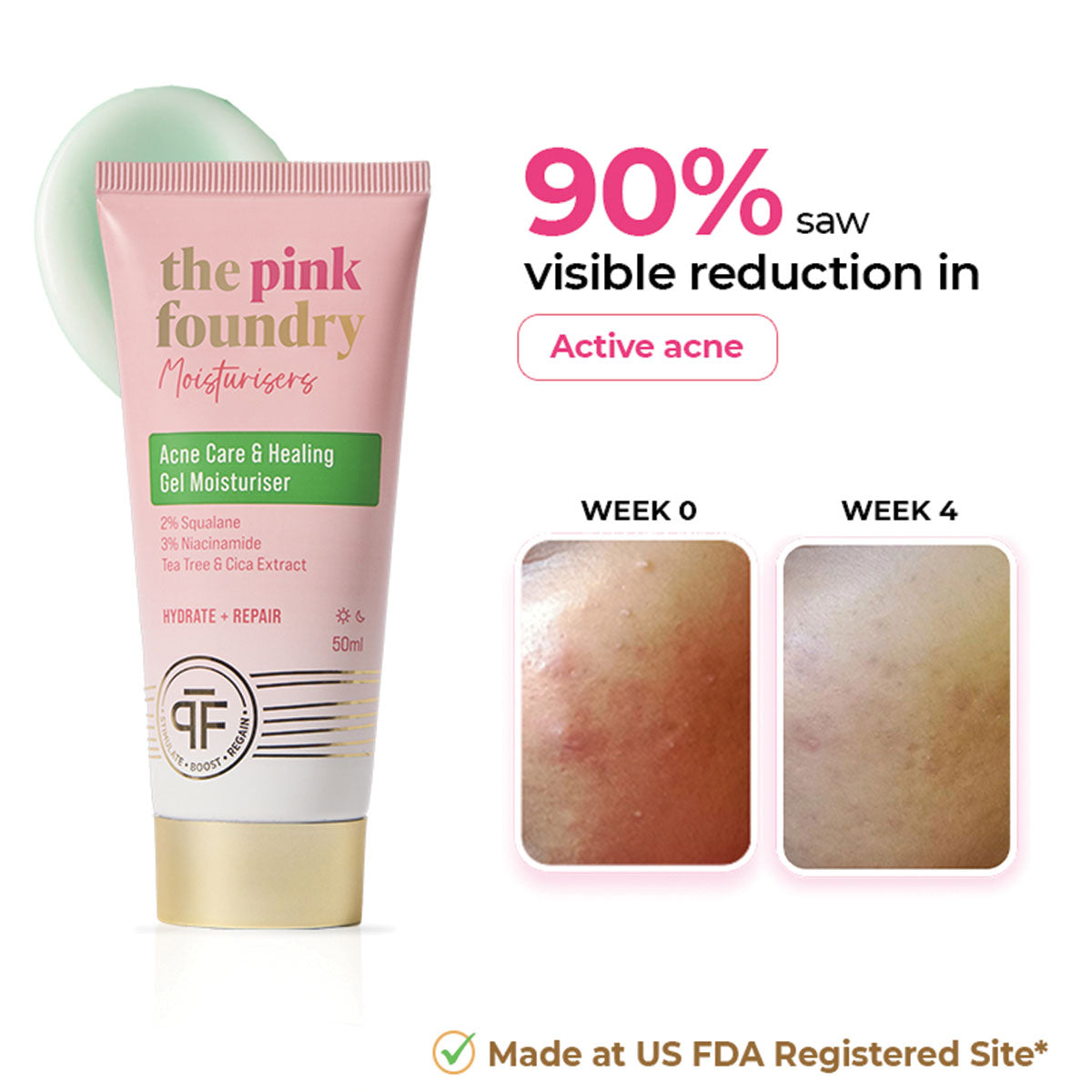
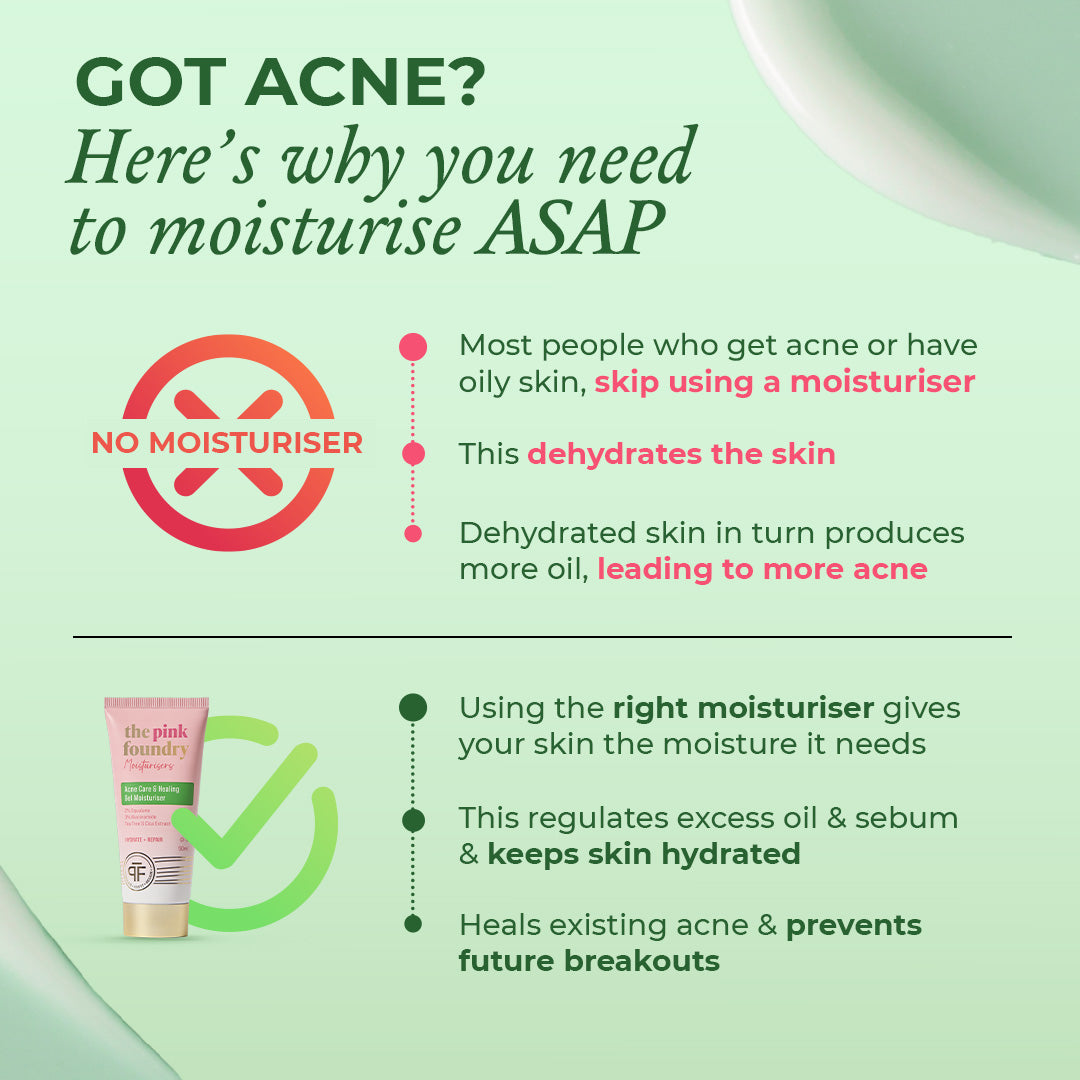










Leave a comment
This site is protected by hCaptcha and the hCaptcha Privacy Policy and Terms of Service apply.